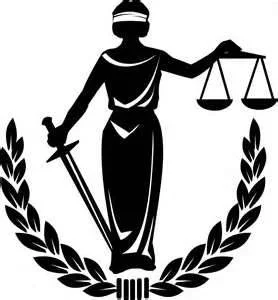sravna
Well-known member
I think the creators of the famous expression "Liberty, Equality and Fraternity" which guides the laws and policies of many countries did not foresee a problem. They chose to use the word Liberty first, then Equality and then Fraternity. In my view they chose exactly the opposite order.
The concept of Liberty became the most famous and sought after and then came the demand for Equality and Fraternity almost has gone into oblivion. The reason I say that fraternity deserves the most importance is that without it, the notions of liberty and equality may not fully fructify.
What is liberty? It is the right to be free in one's actions and expressions. The problem is when we ask, Can liberty be absolute?, we find the right answer that it can't. Why because your neighbor has the same right to liberty as you and what if his interests and actions conflict with yours? So the notion of liberty should take into account not only an individual's freedom but also how it should not disrespect the freedom of others.
What is equality? Are everyone really equal? Or when can everyone be considered equal? The answer is when each begins to view others as equal to self. We see liberty is contained in the above notion of equality. When we view others equal to self we do not infringe on their freedom and act responsibly.
Finally, what is fraternity? It contains both the notions of equality and liberty because if we foster brotherhood, we see others as our equal and consequently as seen above do not infringe on their freedom.
But unfortunately the reverse is happening and in the process we find that none of the ideals being realized.
The concept of Liberty became the most famous and sought after and then came the demand for Equality and Fraternity almost has gone into oblivion. The reason I say that fraternity deserves the most importance is that without it, the notions of liberty and equality may not fully fructify.
What is liberty? It is the right to be free in one's actions and expressions. The problem is when we ask, Can liberty be absolute?, we find the right answer that it can't. Why because your neighbor has the same right to liberty as you and what if his interests and actions conflict with yours? So the notion of liberty should take into account not only an individual's freedom but also how it should not disrespect the freedom of others.
What is equality? Are everyone really equal? Or when can everyone be considered equal? The answer is when each begins to view others as equal to self. We see liberty is contained in the above notion of equality. When we view others equal to self we do not infringe on their freedom and act responsibly.
Finally, what is fraternity? It contains both the notions of equality and liberty because if we foster brotherhood, we see others as our equal and consequently as seen above do not infringe on their freedom.
But unfortunately the reverse is happening and in the process we find that none of the ideals being realized.

